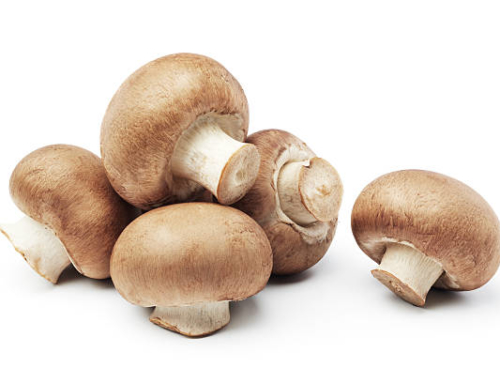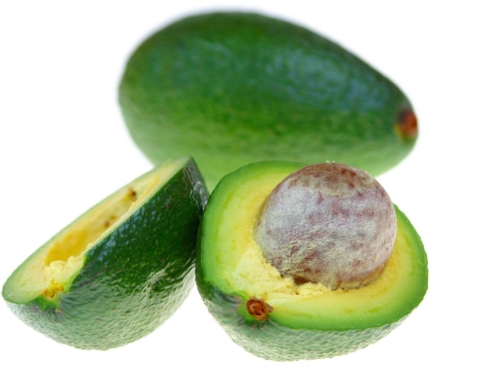If you have any reason to suspect your pet has ingested something toxic, please contact your veterinarian or one of the other resources listed:
• ASPCA Animal Poison Control Center 24-hour hotline at (888) 426-4435
• Pet Poison Helpline® 24-hour animal poison control service at (855) 764-7661
Xylitol
Xylitol, a commonly used sugar substitute, can cause toxicosis (particularly hypoglycemia, liver damage, even death) when ingested by dogs. It is often found in many sweeteners, baked goods, gums, toothpastes, dental rinses, nicotine gums and throat lozenges. Xylitol can even be found in some sugar-free peanut butter products.
It is also important to realize that some medications contain xylitol, particularly oral suspensions and orally disintegrating tablet formulations (gabapentin, fexofenadine, clonazepam, loratadine, meloxicam and mirtazapine to name a few).
Determining the xylitol content of a product can be difficult. As a general rule of thumb, products listing xylitol first tend to be the most toxic. Gums usually contain 300 – 2000 mg of xylitol per piece. For powdered xylitol and home-baked goods 1 cup of xylitol weighs approximately 190 grams.
To avoid ingestion, it is extremely important to keep all products out of your pet’s reach and discourage your pet from “purse digging.”
Note that other sugar-free products (aspartame, acesulfame, maltitol, sorbitol) are generally considered nontoxic.
Signs and symptoms of toxicity: Vomiting is often the first sign of toxicity. Signs of low blood sugar (unsteadiness, depression, dilated pupils, seizures) may occur within 10-60 minutes after ingestion. Damage to the liver can occur as quickly as 9-12 hours following ingestion. Signs of liver failure include lethargy, loss of appetite, vomiting and diarrhea.
Toxic Consumption: Hypoglycemia can occur from > 100 mg/kg (> 45 mg/lb) ingestion. Liver damage may occur with ingestion of > 500 mg/kg (> 227 mg/lb).
| X-Small Yorkie, Chihuahua |
Small Pug, Boston Terrier, Poodle |
Medium Beagle, Scottish Terrier |
Large Boxer, Cocker Spaniel |
X-Large Retriever, German Shepherd |
XX-Large Great Dane, St. Bernard |
| 1 – 10 lbs. (0.45 – 4.6 kg) |
11 – 25 lbs. (5 – 11.4 kg) |
26 – 40 lbs. (11.8 – 18.2 kg) |
41 – 70 lbs. (18.6 – 31.8 kg) |
71 – 90 lbs. (32.3 – 40.9 kg) |
91 – 110 lbs. (41.4 – 50 kg) |
 |
 |
 |
 |
 |
 |
| > 45 mg | > 0.5 g | > 1.1 g | > 1.8 g | > 3.2 g | > 4.1 g |
References:
– Dunayer EK. Hypoglycemia following canine ingestion of xylitol-containing gum. Vet Human Toxicol 2004; 46(2):87-88.
Dunayer EK. New findings on the effects of xylitol ingestion in dogs. Vet Med 2006; 101:791-798.
– Dunayer EK, Gwaltney-Brant SM. Acute hepatic failure and coagulopathy associated with xylitol ingestion in eight dogs. JAVMA 2006; 229:1113-1117.
– Osweiler, G, et al. (2011). Blackwell’s five-minute veterinary consult clinical companion. Small Animal Toxicoloty. [Kindle version]. Retrieved from Amazon.com
– Schumer W. Adverse effects of xylitol in parenteral alimentation. Metabolism 1971;20:345-347
– The Merck Veterinary Manual. Xylitol. Available at: http://www.merckmanuals.com/vet/toxicology/food_hazards/xylitol.html. Accessed January 14, 2015.
– Todd JM, Powell LL. Xylitol intoxication associated with fulminant hepatic failure in a dog. J Vet Emerg Crit Care 2007; 17:286-289.
Pet Poison Control is provided free as a public service by the American College of Veterinary Pharmacists. Today we’re asking you to support us with a small donation. If you would like to dedicate your gift in honor or memory of a pet or individual, you will have that option before checkout. Your gift of any amount helps us maintain this resource and make it available to the pharmacy and veterinary communities. Thank you!






